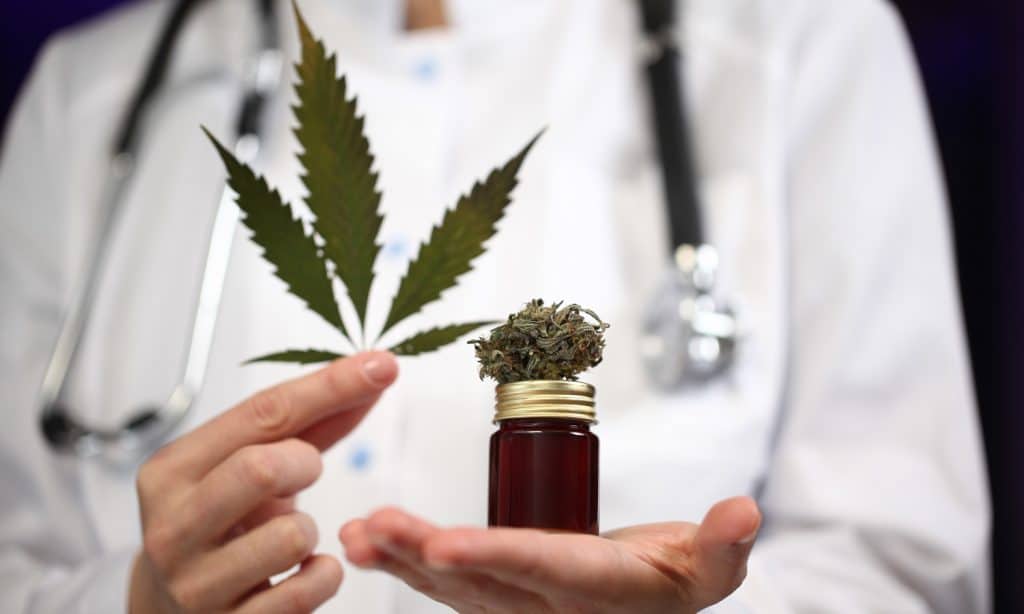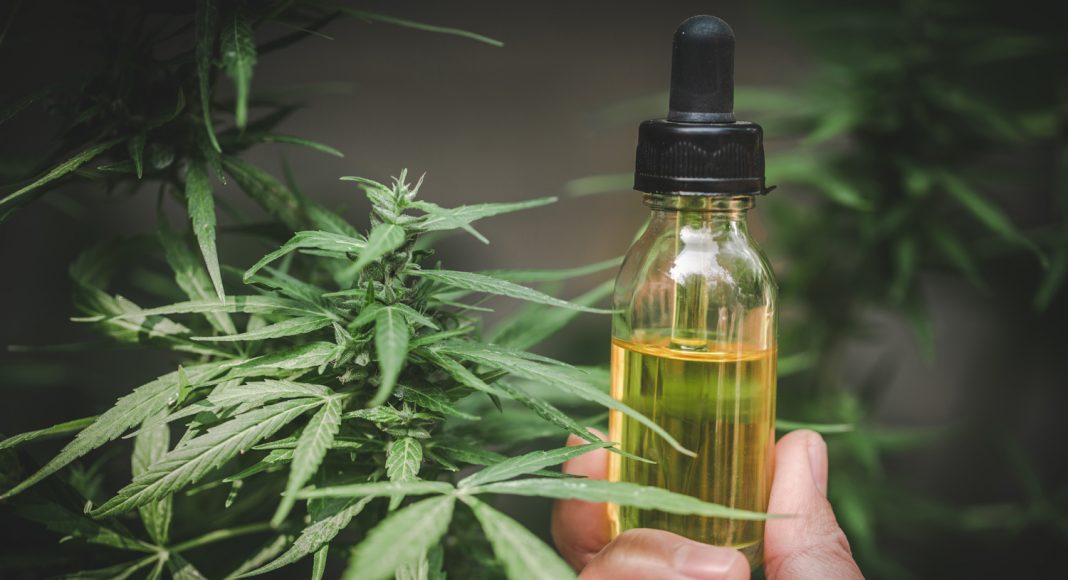CBD is incredibly popular, but a lot of questions surrounding the compound remain unanswered. Here are some science supported facts.
Despite CBD’s lack of research and its relative newness, we’ve seen an increase in demand for the compound, with new infused products hitting retailers every day. We know cannabidiol is a good addition to skin and beauty products because of its medicinal properties, and that it produces relaxing results when consumed as a supplement. But where’s the science?
The fact that CBD is so new and mysterious has allowed for some misinformation to slip in, with many companies calling it a miracle drug that can fix anything and everything. This confusion also has led to hundreds of knock-off products that claim to contain CBD, while they don’t actually contain enough to produce an effect.
The Huffington Post spoke to experts regarding CBD, trying to separate fact from fiction. Here are some of the effects that have some scientific support.
CBD can reduce inflammation
CBD attaches itself indirectly to cannabinoid receptors in the body, which could lead to less inflammation. Dr. Rahul Klare says that the compound might work best as a compliment to another medication, helping people manage their symptoms and pain. “CBD won’t completely take the pain away like a morphine would, but it may decrease it to a point where it makes the pain more tolerable,” he explains.
It can help manage anxiety
Studies show that CBD can affect your emotional state, managing short term disorders like anxiety, panic disorder, social anxiety and more. A study from the University of Montana says that CBD attaches itself to a serotonin 1A receptor in the brain, producing these anxiety relieving results. Another interesting discovery is the fact that, with a little THC, CBD’s effects are even more pronounced.
RELATED: Is CBD A Rising Star Or Just A Popular Fad?

It could help with gastrointestinal issues
A little known fact is that CBD has shown some promise in treating gastrointestinal issues, particularly the ones caused by gastroesophageal reflux disease. The Huffington Post explains: “Cannabinoid receptor antagonists (AKA parts of CBD that bind to those cannabinoid receptors in your body discussed earlier) decreased relaxation in the lower esophageal sphincter. When the lower esophageal sphincter relaxes too much, it can often lead to acid reflux.” TLDR: By decreasing relaxation of the sphincter, CBD can also limit acid reflux and similar symptoms.
RELATED: How To Find High-Quality CBD Oil

CBD could have an adverse reaction to other medicines
Doctors explained that CBD in high doses could have a negative and maybe even dangerous reaction with conventional medicines, especially if the person taking them is older or consuming multiple medications. It’s important for you to be careful and to talk to your doctor if you’re considering pairing CBD with a prescribed medication.
It may also cause nausea
CBD has been related to nausea, especially when consumed in high doses. Making matters more complicated, CBD is also particularly hard to dose, with experts and authorities not setting a dosing standard. As always, if you’re consuming CBD or planning on doing it, start off slow and listen to your body.



